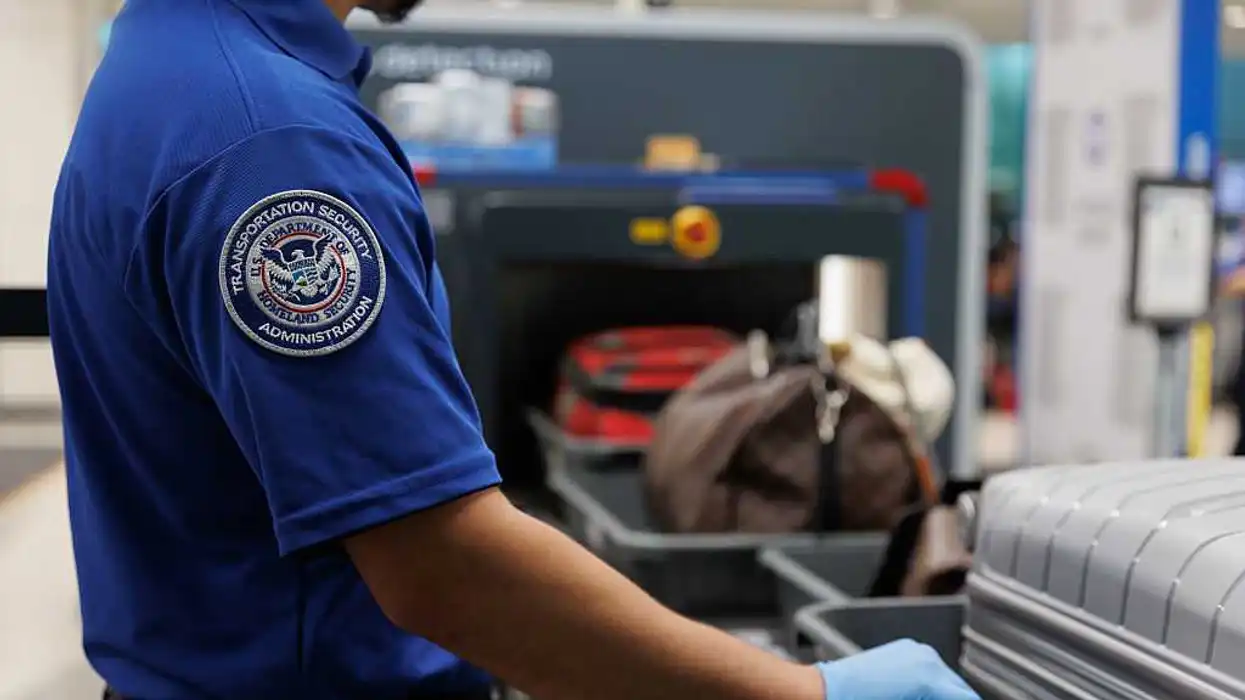President Barack Obama, in addition to allegedly financially empowering Iran and setting them up for future development of nuclear weapons, also apparently stood behind what the Weekly Standard calls "secret exemptions" contained in the Joint Comprehensive Plan of Action, more commonly known as the Iran Deal.
The deal, agreed to in July 2015 between the P5+1 and Tehran, essentially mandates that Iran cut uranium enrichment activities in exchange for sanctions relief. Now however, it appears there were secret concessions made that allowed Iran the ability to "keep low-enriched uranium in various forms beyond what's allowed under the nuclear deal." The Weekly Standard reports:
The International Atomic Energy Agency on Friday posted documents revealing that Iran had been given exemptions in January that permit the country to stockpile uranium in excess of the 300 kilogram limit set by the nuclear deal, experts said. The agreements had been kept secret for almost a year, but recent reports indicated that the Trump administration intended to make them public.
The United Nations nuclear watchdog and the International Atomic Energy Agency (IAEA) recently made the documents public and revealed that Iran had been given exemptions as late as January that "permit the country to stockpile uranium in excess of the 300 kilogram limit set by the nuclear deal."
The concession applies specifically to low-enriched uranium "deemed unrecoverable" for use in a nuclear weapon. While Iran has promised not to build a facility to try to recover the uranium, the language regarding the LEUs is not included in the original Iran deal, and the administration has little explanation as to why:
"If this whole thing rests on [Iran] promising not to build a facility that they'd probably only build in secret if they were going to actually break out, then this material probably should not be deemed non-recoverable," he continued. "The State Department … deliberately distorted what was in these decisions to make this point that somehow 'non-recoverable' meant [the LEU] really would never be able to be recovered, regardless if they build a facility."
The State Department has been unable to adequately defend why the language exists outside the original deal and has been accused by a congressional source familiar with the negotiations of "secretly rewriting to let Iran cheat."







